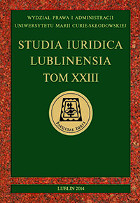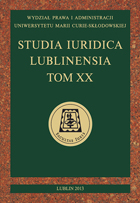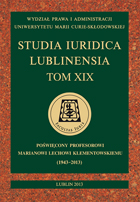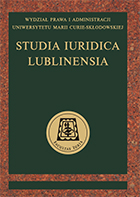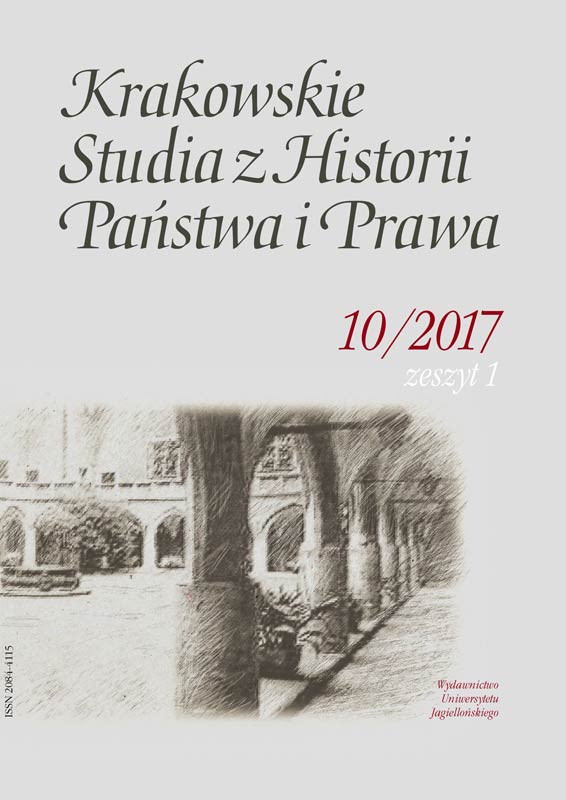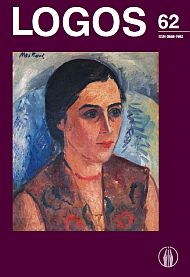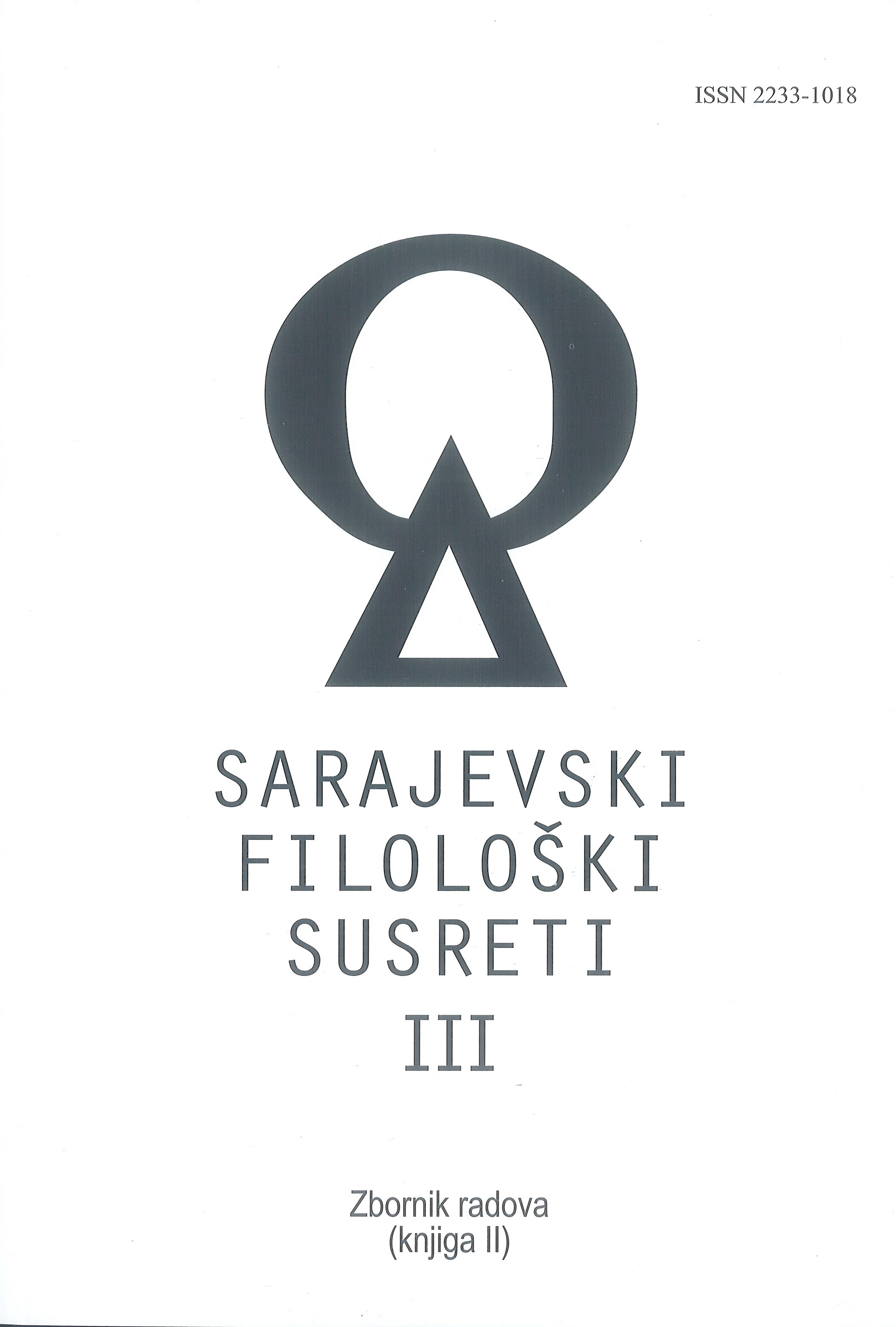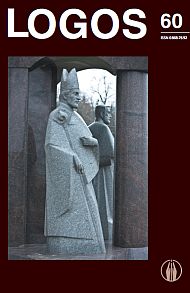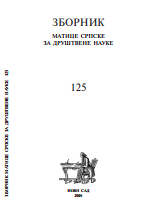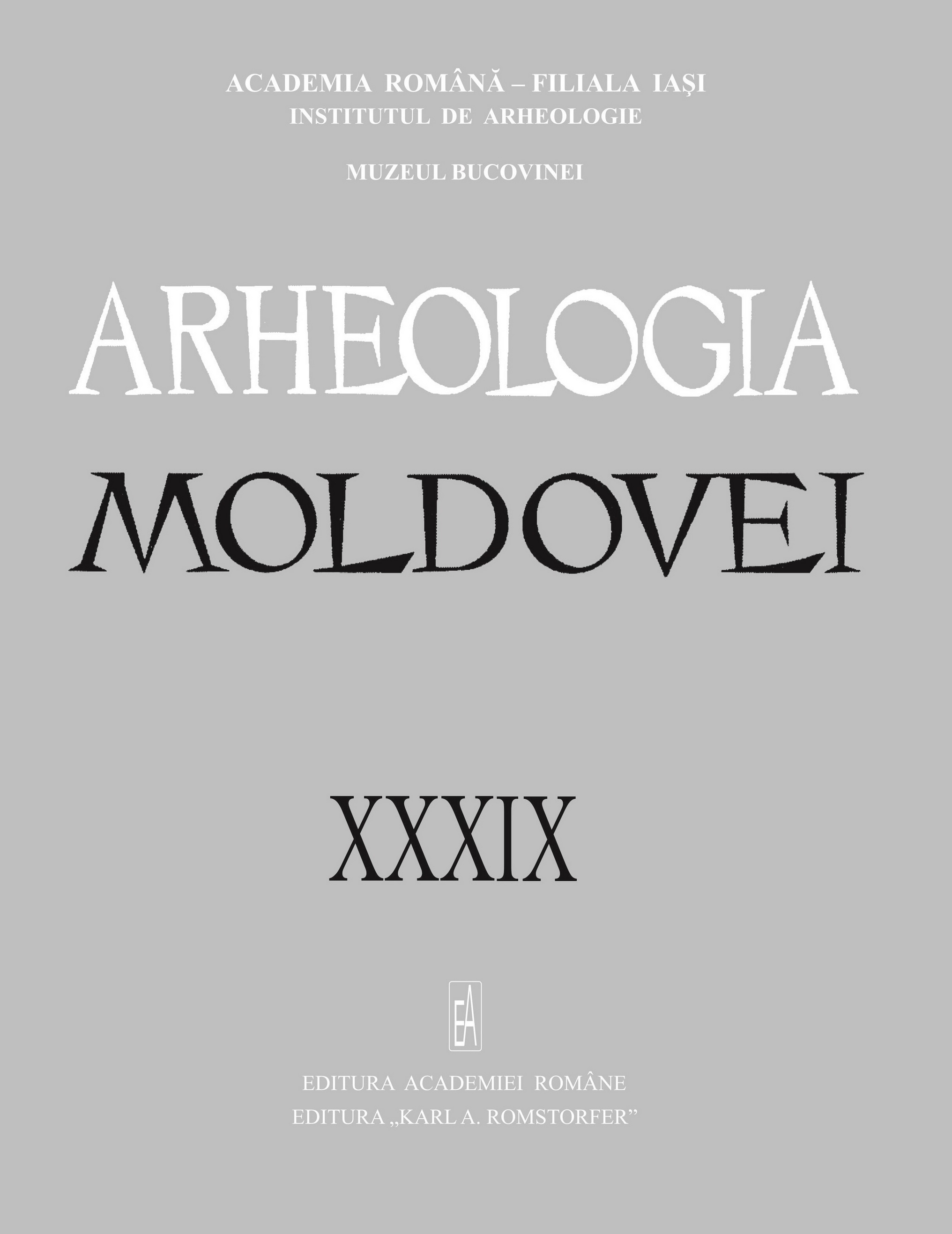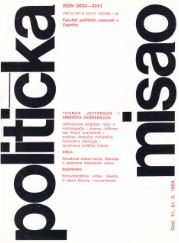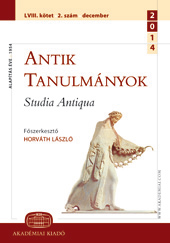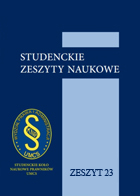
PRAWO KARNE III RZESZY INSTRUMENTEM POLITYKI PAŃSTWA TOTALITARNEGO
The topic of my dissertation is “Criminal Law in The Third Reich as an implement of politics of a totalitarian country”. Dissertation is mainly focused on changes in the German Penal Law after seizure of power by Adolf Hitler. These changes were aimed at opponents of the Third Reich, nation, and commander and annulled almost all rules of penal and procedural law. These laws used to form legacy of the liberal Rule of law. Nevertheless every effort was made to keep up appearances of legalism. There was a noticeable influence of School of Anthropology on law in this time – a concept of dangerous perpetrator. According to this concept – perpetrator should be found and rendered. Nullum crimen sine lege rule was replaced by nullum crimen sine poena rule. Increasing range of the Penal Law was clearly visible, as well as instrumental treatment of this law by changes of criminal liability. German legal system was composed of traditional legal personnel and tradition of legal culture. In the fascist law these elements were connected to the reforms, legislative changes, realisation of social policy beyond the court with the use of administrative way and police terror (Gestapo, SS).
More...
